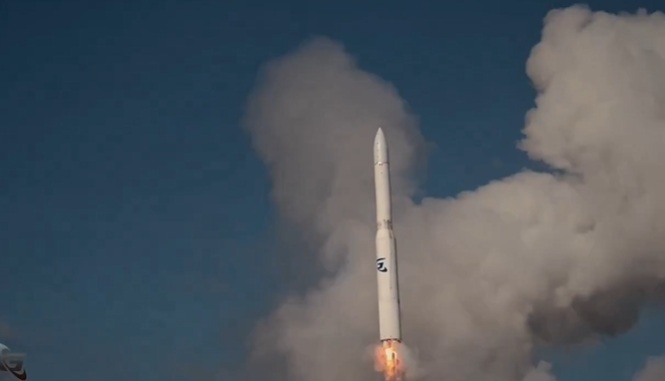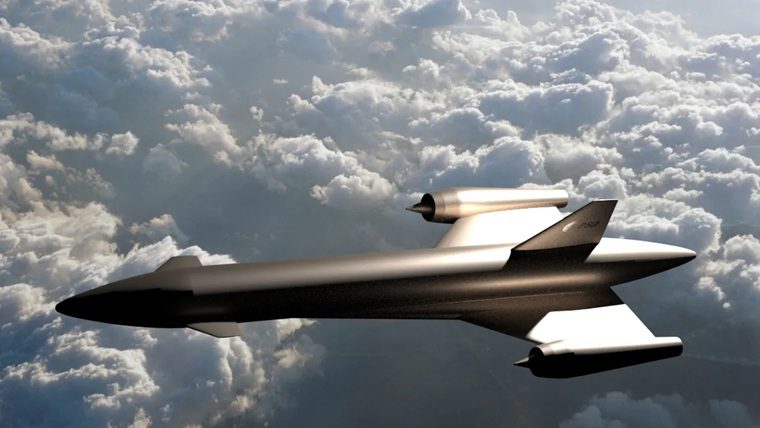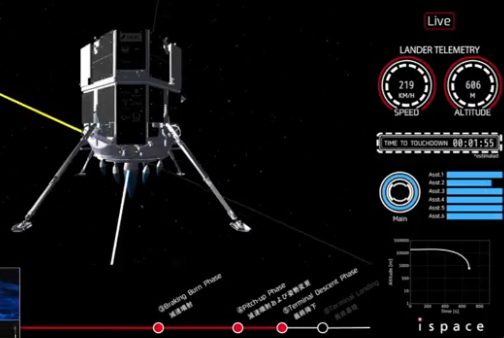In its effort to improve the commercial prospects of Europe’s satellite bus/platform designs in the commercial communications arena, the European Space Agency agreed at a €107 million funding tranche via a Neosat contract with Airbus Defence and Space to develop its Eurostar NEO design. Thales Alenia Space received a similar contract worth €117.9 million in September 2015. Thales Alenia Space has already announced its first order for the new bus design. It is building a satellite for Eutelsat to serve Africa.
Neosat is element 14 of ESA’s Advanced Research in Telecommunications Systems programme (ARTES) which aims to develop next-generation satellite platforms for the core satcom market.
The main objective for the Neosat programme is to reduce the cost of a satellite in orbit by 30% compared with current designs. Existing and new technologies will be used in innovative ways with economies of scale achieved through creating a common supply chain for both satellite prime contractors.
Neosat will be optimised for electric propulsion which is highly fuel efficient for raising the satellite into geostationary orbit after separation from its launcher, and for maintaining its operating position. The satellite bus designs will also be able to offer chemical propulsion as an alternative or back up propulsion system.
The buses will also have new thermal control and new generation battery cells.






